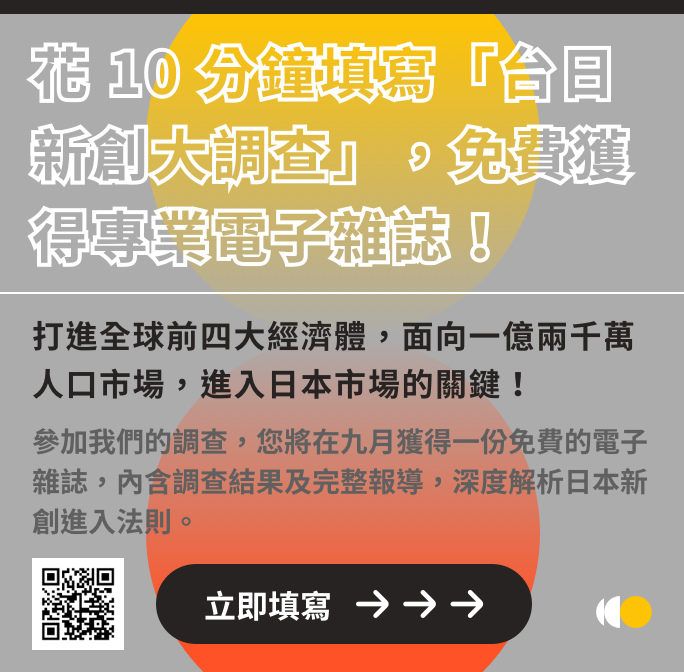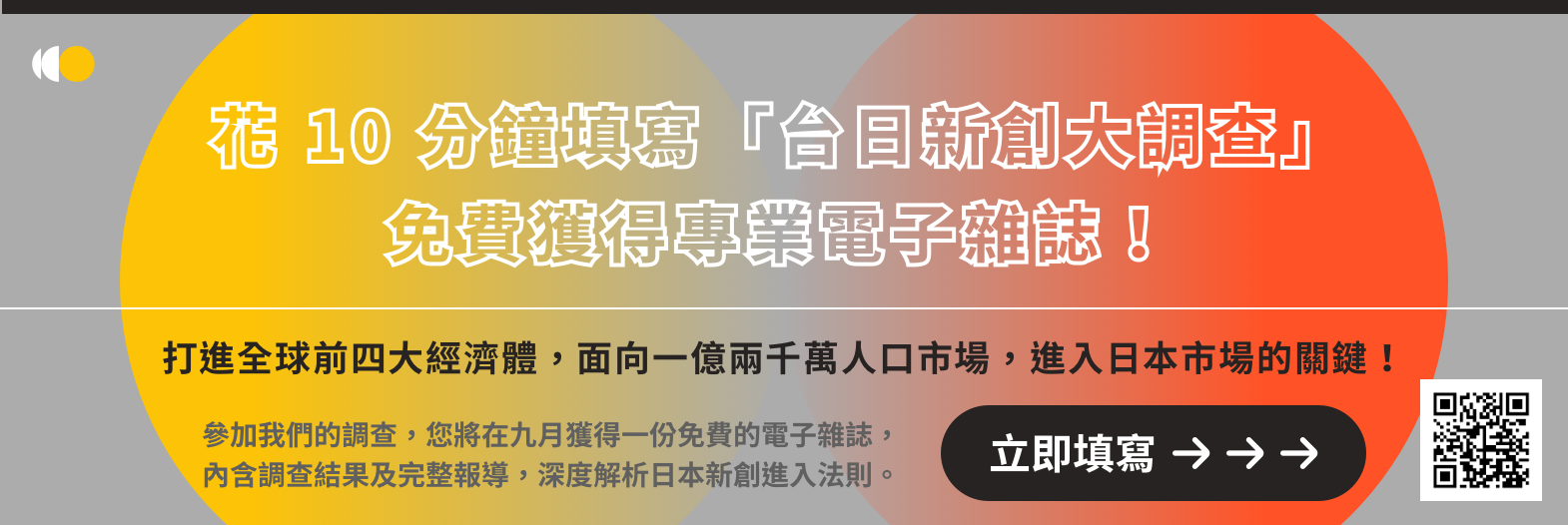What happened?
Against the US-China standoff backdrop, Europe, the United States, and China vied for power of discourse on global political and economic issues during the World Economic Forum (WEF) 2023.
- On trade issues, the United States pitched its vision of "worker-centric" trade; China promised an "all-round opening up," while Europe spoke of its quest for strategic autonomy.(Reuters)
- Ngozi Okonjo-Iweala, Director-General of World Trade Organization (WTO), however, warned at the WEF that trade blocs seeking to skirt geopolitical risk by "friend-shoring" activities to like-minded countries should be careful which commerce partners they favor.
- The US-initiated friend-shoring strategy encourages countries to diversify supply chains away from China to market-oriented countries such as Vietnam, India, and Mexico. However, most of the world's product supply still depends on China, posing difference in the goals of the United States. (Financial Times)
- Philippine President Ferdinand R. Marcos, Jr pointed out directly at the WEF 2023 that countries in the Asia-Pacific region should avoid taking sides amid intensifying geopolitical tensions. (Business World)
The geopolitical implications of IPEF
- In May 2022, the United States formally unveiled its IPEF policy, reiterating support for allies in the Indo-Pacific region and aiming to decouple Chinese supply chains by cooperating with supply chains in Indo-Pacific countries.
- From the strategic perspective, IPEF was a move following the Trump administration's withdrawal from the Trans-Pacific Partnership (TPP) to "rewrite" the China-dominant model with strong economic influence in the Indo-Pacific. (The Diplomat)
- Rather than a free trade agreement (FTA), IPEF stresses establishing a regional framework and setting rules to strengthen supply chain cooperation among member states.
- Under the IPEF, the United States looks to advance resilience, sustainability, fairness, and competitiveness for its partner economies. IPEF partners can participate in four-pillar negotiations of their choice: (1) Trade; (2) Supply Chains; (3) Clean Energy, Decarbonization, and Infrastructure; and (4) Tax and Anti-Corruption.(USTR)
- The challenge for IPEF lies in the fact that the United States seeks to build resilient supply chains in the Indo-Pacific without providing incentives, such as market access or lowering tariffs, which makes it difficult to shake China's entrenched economic ties in the region.(Asia Times)
What will happen in the future?
In the past, regional countries in the Indo-Pacific aligned with China economically and with the United States diplomatically. There remain uncertainties whether such strategy can continue after the launch of IPEF.
- Lack of consensus was evident at the first IPEF virtual ministerial meeting in 2022.
- Indonesia was absent from the meeting due to conflicts with the US side over the framework governing data flows. India, a core target of the IPEF negotiations, even once indicated that it would not join the talks in the trade area, exposing rifts in partnership. (Nikkei)
- Although regional countries do not see pressing urgency for them to pick a side between the United States and China under IPEF at this stage, yet they are bound to face the choice of taking sides in the future given the US-led framework and the formulation of laws and regulations.
Addressing the questions on how IPEF may shape the future political and economic development of the Indo-Pacific region and how Taiwan can respond accordingly, the following SunriseMediem interview with experts has shed some light.



















